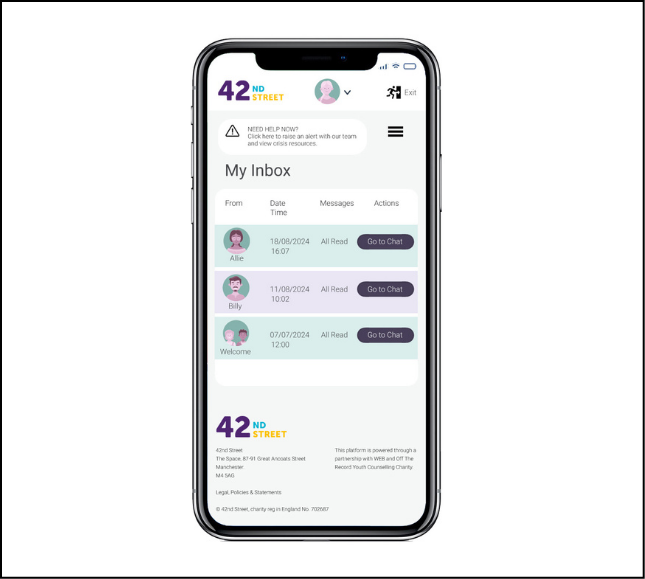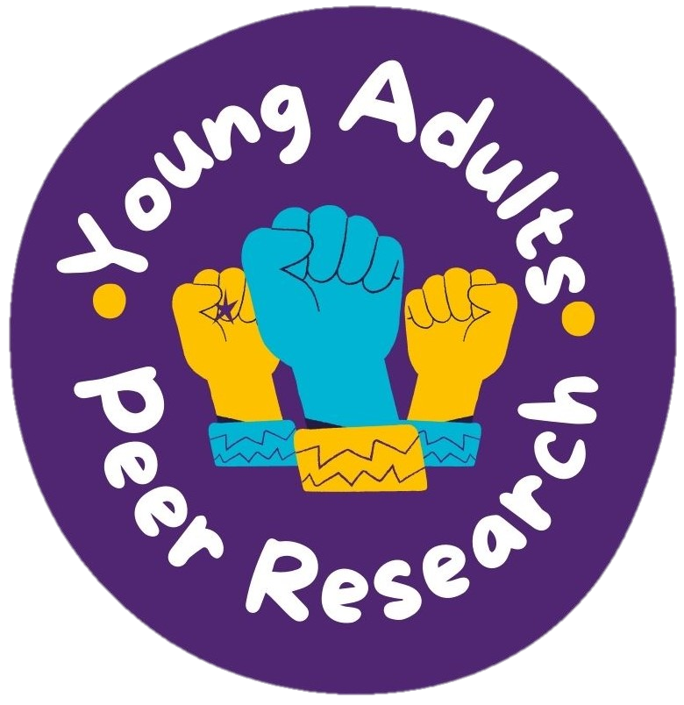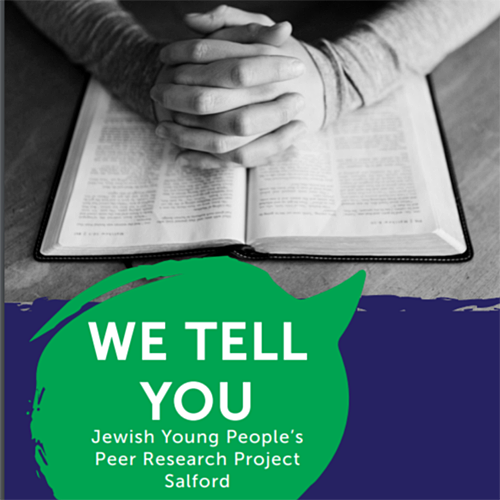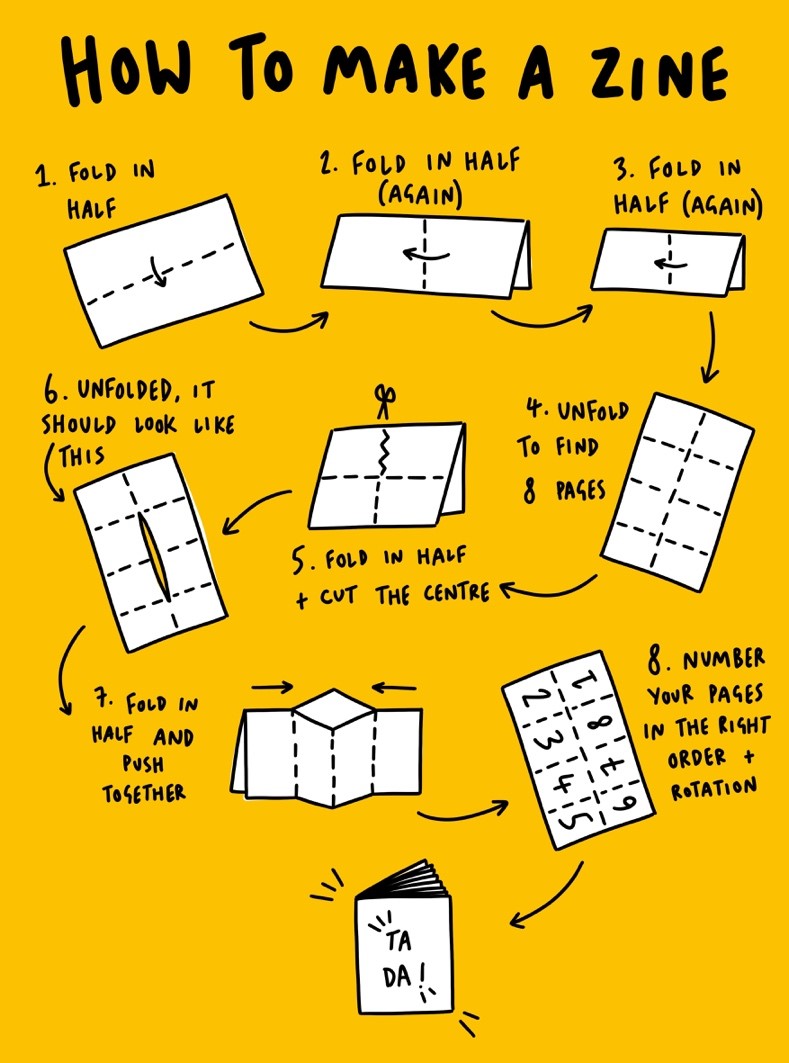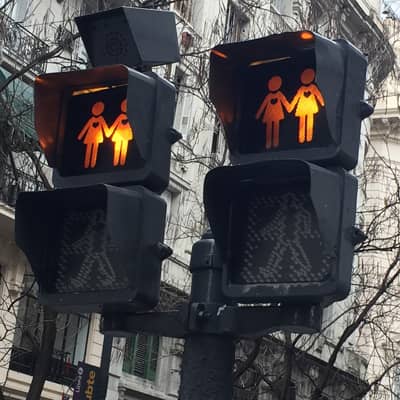Mid read - 5mins
Content Warning: This article contains descriptions of abuse and mutilation.
FGM stands for Female Genital Mutilation.
Genital Mutilation means genitals are deliberately cut, injured or changed, but with no medical reason for the procedure. FGM is usually carried out on young girls between infancy and the age of 15 (most commonly before puberty starts). It is a very painful and serious procedure that can cause long-term health problems around sex, childbirth and mental health.
FGM is illegal in the UK and is considered child abuse.
Why is FGM carried out?
FGM is carried out for various cultural, religious and social reasons within families and communities with the intention it will benefit the girl in some way (for example, as preparation for marriage or to preserve their virginity).
To be clear, there are no acceptable reasons to justify FGM – it’s a harmful practice that has no health benefits.
Types of FGM
FGM can be complicated and some mutilations can look different to others. There are 4 main types of FGM:
- Type 1 (clitoridectomy) – removing part of the clitoris.
- Type 2 (excision) – removing part/all of the clitoris, the inner labia (the lips that surround the vagina), and sometimes removal of the labia majora (the larger outer lips).
- Type 3 (infibulation) – narrowing the vaginal opening by creating a seal, formed by cutting and repositioning the labia.
- Type 4 – general harmful procedures, including pricking, piercing, cutting, scraping or burning the area.
Here is a diagram that will hopefully also help:

Effects of FGM
There are no health benefits to FGM, hence why it is illegal in the UK. However, FGM can cause;
- Constant pain
- Repeated infections and bleeding
- Incontinence (problems peeing)
- Trauma and emotional difficulties (depression, anxiety)
Luckily surgery can be performed – this is called deinfibulation. Which you can ask your GP about it or visit here
How to get help if yourself or someone you know is experiencing FGM
Firstly, it’s important we reiterate everyone has the right to control what happens to their body and the right to say NO to FGM.
If someone is in immediate danger, contact the police immediately by dialing 999.
If you’re concerned yourself or someone else may be at risk, contact NSPCC helpline on 0800 028 3550 or fgmhelp@nspcc.org.uk
If you have had FGM, you can get specialist help – ask a health care professional about services in your areas or visit here.
Other articles you may be interested in:





